What follows is an extract from the new book I’m working on about happiness. In this section, I discuss how to go about finding out what your true passion is, and what you should pursue to inject meaning into your life.
******
In a way I was lucky—I always knew that writing was my thing. As I’ve said, I’d written stories since I was a kid, and I’d grown up surrounded by—and gorging on—books of all kinds. So in a way, writing should have been a no-brainer for me, and indeed it was when things finally clicked into place.
But that is not to say that there wasn’t trial and error. There was a lot. For a start, I had developed other interests over time. I have always loved music, for example. When I was at school I used to play piano and keyboards. If I’m honest it wasn’t my core skill, but it was something that I enjoyed. Later on, when I got into the club scene in London and Manchester I developed a love for electronic music, and I fell in love with the idea of producing tracks myself. To that end, I took a course at an academy in Manchester to learn how to use the production programmes Logic and Reason. Again, I wasn’t especially good, but I had a lot of fun doing it.
When I came out of my drunken haze, my aspirations were somewhat confused still. As a professional drinker I had become enamoured of a fairly superficial idea of nightlife and wanting to be part of the glamour of it. Foolishly, the idea of sitting down and writing had started to seem a little staid to me, particularly as the opportunities of blogging and the internet hadn’t really penetrated my consciousness fully at that point yet (and weren’t as realised as they are today).
So it took awhile for me to find my way back to what I was always destined to do, and perhaps that will be the case for you as well. And by the way, I don’t mean to imply that there is anything wrong trying out different disciplines like music, painting, a sport, a type of business or whatever. Diversifying what you do is incredibly helpful—indeed, it’s probably essential in determining where exactly it is you’re meant to end up. But at the same time, if each one of us is honest, there is probably one core thing that we are naturally good at, that should, by rights, become our defining passion. And that is the thing we must all try to find.
Look, if you’re a polymath then that’s fine. I don’t want you to feel limited—quite the opposite. This is about freeing you up. But if you’re one of those people who is yet to uncover their true passion then here’s what I advise.
First off—and I have to credit James Altucher for this—you should think back to your childhood. What you were into then. The things you loved to do. The things that enthused you. Now, is there some way that you can enjoy those things today?
Say you were massively into baseball. You watched every game and you played every chance you got. But now you’re 35 and you’re not in quite the same shape as you were when you were 17. OK, being realistic perhaps you may never make it to being a professional basketball player. But is there something else you could do that is connected in some way? For example, could you coach basketball? Could you write a book about your favourite players, or your favourite team? Could you start a podcast, or a YouTube channel talking about the latest baseball news or offering training tips. Could you interview some of your favourite players and create content that way? Could you start up a local league for disadvantaged kids?
Even if the exact thing you were interested in is not open to you for whatever reason, that doesn’t mean that you can’t do something that is connected. Better still, if you can combine two things that you really love, like baseball and writing, then all the better.
Look to the past, but you also look at what is in front of you right now. For example, I cast around a lot trying different kinds of writing until I looked at the life that I was currently living and used that as source material. At the time I was dating a lot and that provided me with a large number of experiences and a lot of inspiration. Once I started to write about my experiences of dating then things clicked into place and I found an audience. Over time my focus shifted and I began to write more about topics such as self-development, work and entrepreneurship. But it was in that initial marriage between my childhood skillset and my contemporary interest that led me to create meaningful work that resonated with a large audience for the first time.
If you are still uncertain about what your calling is after you have considered your early life—and Altucher recommends you make a list of everything you can remember that you enjoyed to determine whether there’s anything that can be revitalised now—then another route is simply to try out a lot of things. I’m not suggesting you become a dilettante—and always keep in mind that the idea is to quickly narrow things down—but try spending a couple of months simply experimenting with different activities.
As I’ve said, I took electronic music production classes. I also went to improv classes, I’ve been to boxing classes, I’ve been involved with running groups and a variety of other things. And in part it was working out what I was not so good at that enabled me to see what remained.
After all, your purpose—the way in which you personally choose to create meaning in your life—should be something that comes naturally to you. By that I do not mean you should find it easy. Writing is not easy, even if you have some spark of talent for it. Neither is playing the violin, or fencing, or making great YouTube videos. Everything worthwhile is difficult. But there are certain things you will have a greater affinity with than others. And it is those that you should gravitate towards.
Another way to tell whether you are good at something is simply through observing how others react to you when you do it. If you get a good number of people telling you over time that you are skilled at something—-that you are a good singer, or high-jumper, or make-up artist, then you should listen to those folk because they are very likely right.
I’m not talking about one-off compliments here, by the way. Those might be made simple for politeness’ sake. I’m talking about when you get people consistently, over time, telling you you’re good at something. When you start to notice that happening, that’s when you need to sit up and take notice.
Finally, be very honest with yourself. Is this particular activity really you? Or are you pursuing it for some other reason? Say, for example, you are a terrible singer but a brilliant flower arranger. You might find yourself pushing on with the singing because it seems like the more exciting option, when actually you’d be far better off sticking with flower arranging. Yes, the rewards might not initially appear as potentially stratospheric, but who’s to say? You might end up becoming flower arranger to the stars, flying across continents to arrange flowers for major show business and political events. In almost all cases if you stick with what is really you, however humble that might seem, then you will always end up better off than the person who goes against their nature.
Is there a possibility that there is an activity you will love more than that which you have an innate talent for? Yes, but I’d say it’s unlikely. I am aware that in many ways my life would appear a lot more exciting if I were a famous DJ rather than a writer. But I wouldn’t change things for the world, because I realise that there is huge, limitless potential in what I can achieve through writing. So much that it will last me much longer than a lifetime.
The endgame is win-win. The idea is that you find something that you love doing through which you can deliver huge value to the world. And in working on it, you will help others. You are—without wanting to descend into hippy cliche—in tune with yourself and the universe. You are doing the thing you are mean to be doing, you are helping other people and in return you are being helped, since now your life has meaning. It is a virtuous circle, and one I’d recommend you jump on as soon as you can.
By the way, if you enjoyed this then sign up for my DAILY exclusive email article here
Also, if you’re interested in reading my tips on how to use cunning tactics to improve your sex life and you success life then grab a copy of my book How To Be An Assh*le. It may not be politically-correct, but it’s most definitely effective!


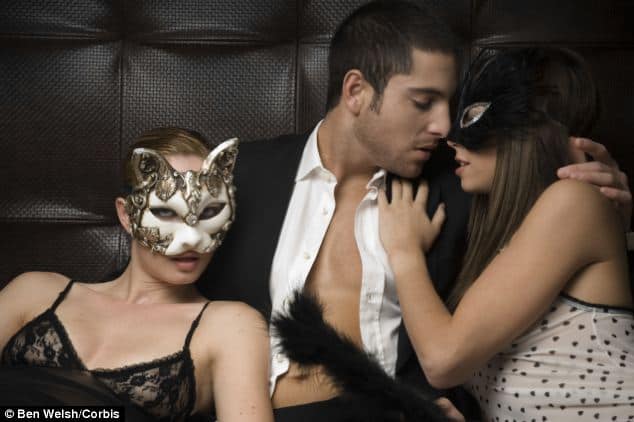

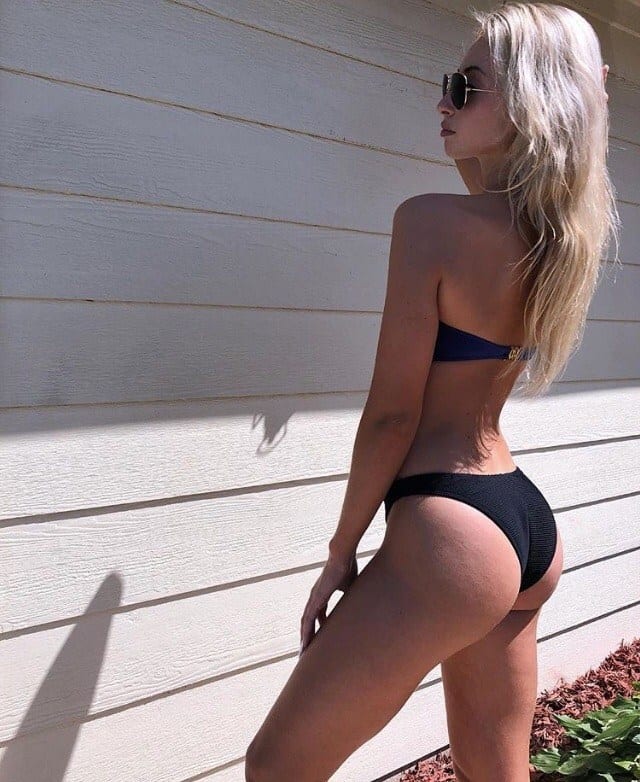
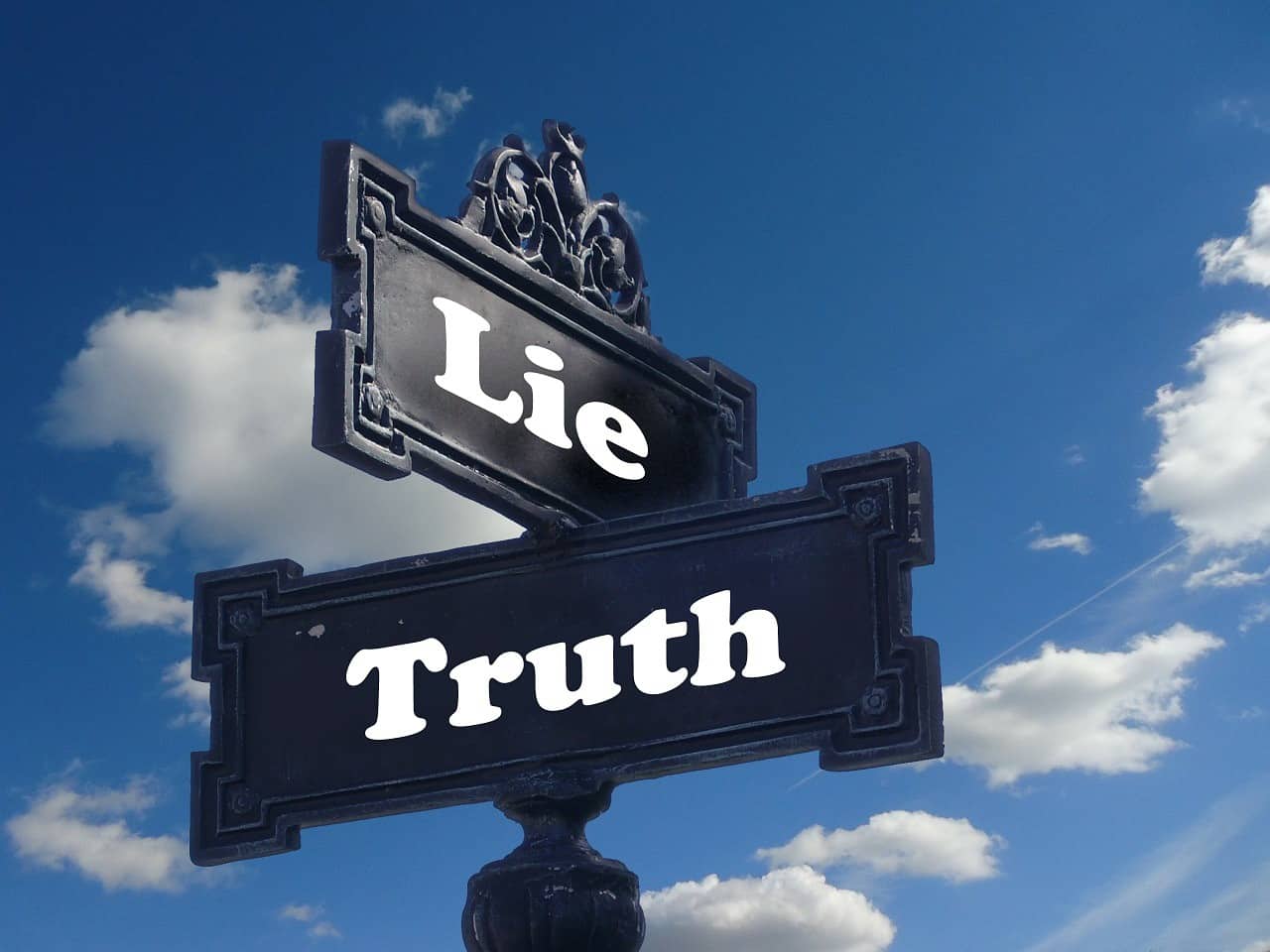
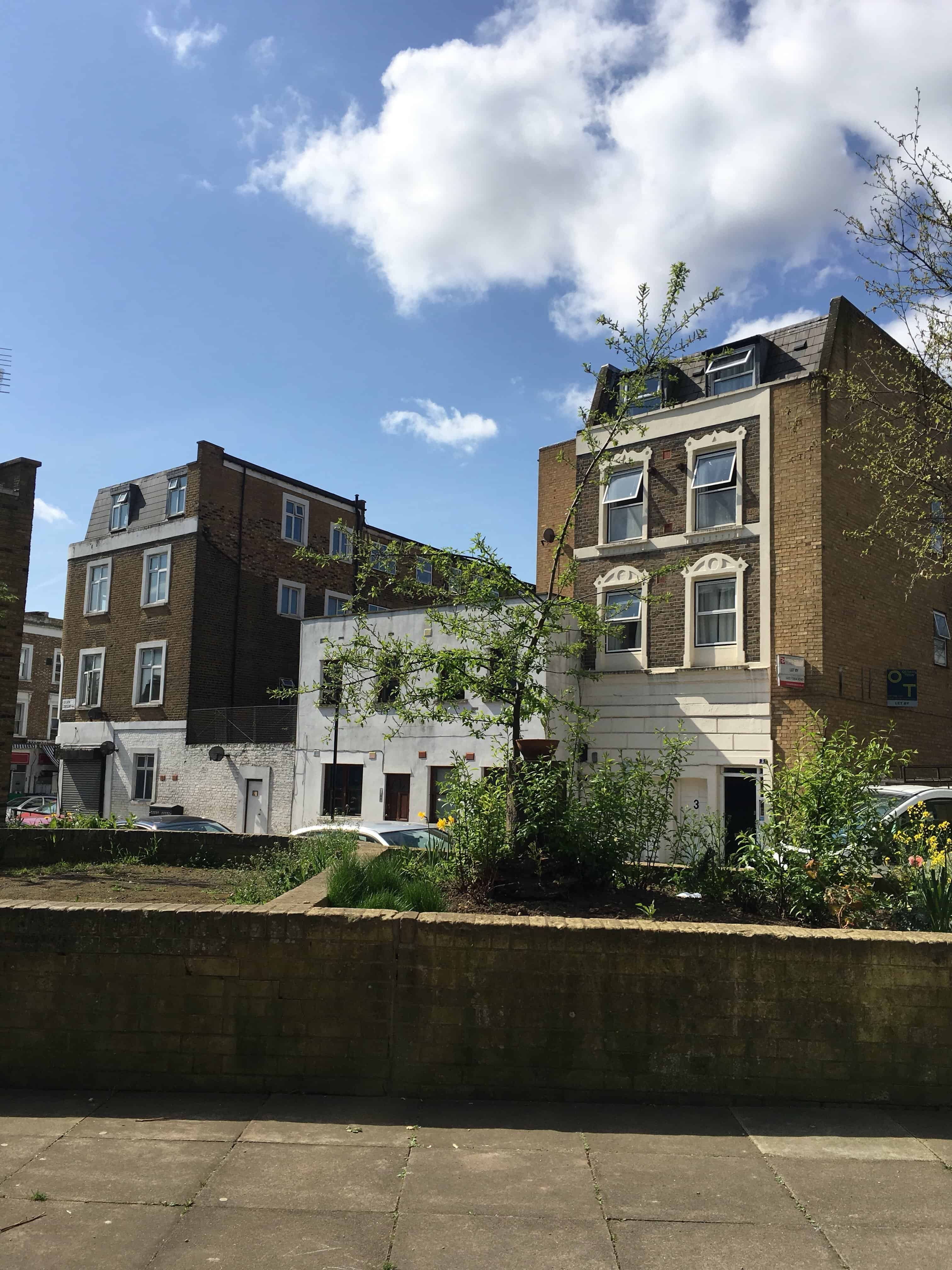
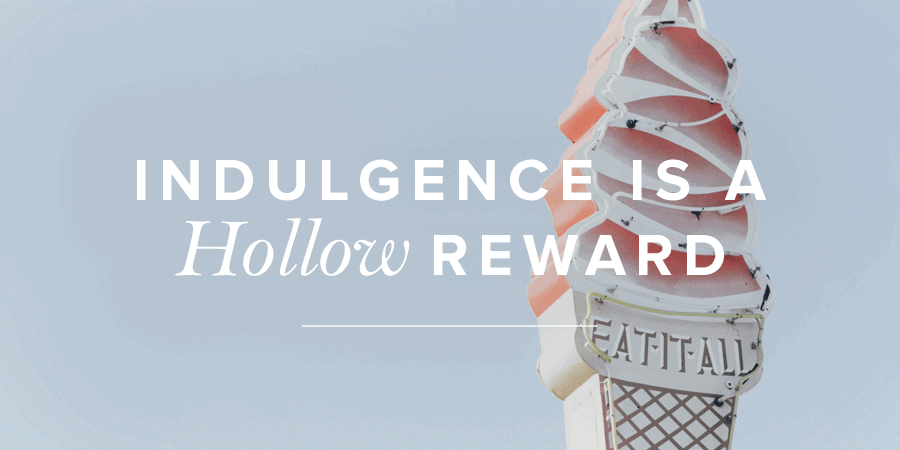
Great article! Never thought to look back to my childhood. I remember something that I forgotten was important to me, art. I have always been an artist and can really appreciate other’s art. Funny, now that I think about it. It has never left my side. I just never thought of it as important. Growing up I always heard the term starving artist so I put it on the back burner or as a hobby. Ill have to think about this more and how I can include this more in my life.
Hey man thanks for the comment!
I would say if you have an artistic side to you then you should definitely explore it. Live is too short not to do the things that are really meaningful to us.
By the way, there’s an interesting book on this subject called Real Artists Don’t Starve by Jeff Goins -https://www.amazon.com/Real-Artists-Dont-Starve-Strategies/dp/0718086260
Worth a read. He also has a great podcast called The Portfolio Life that I’d highly recommend – I get a load of value out of it
Cheers,
Troy